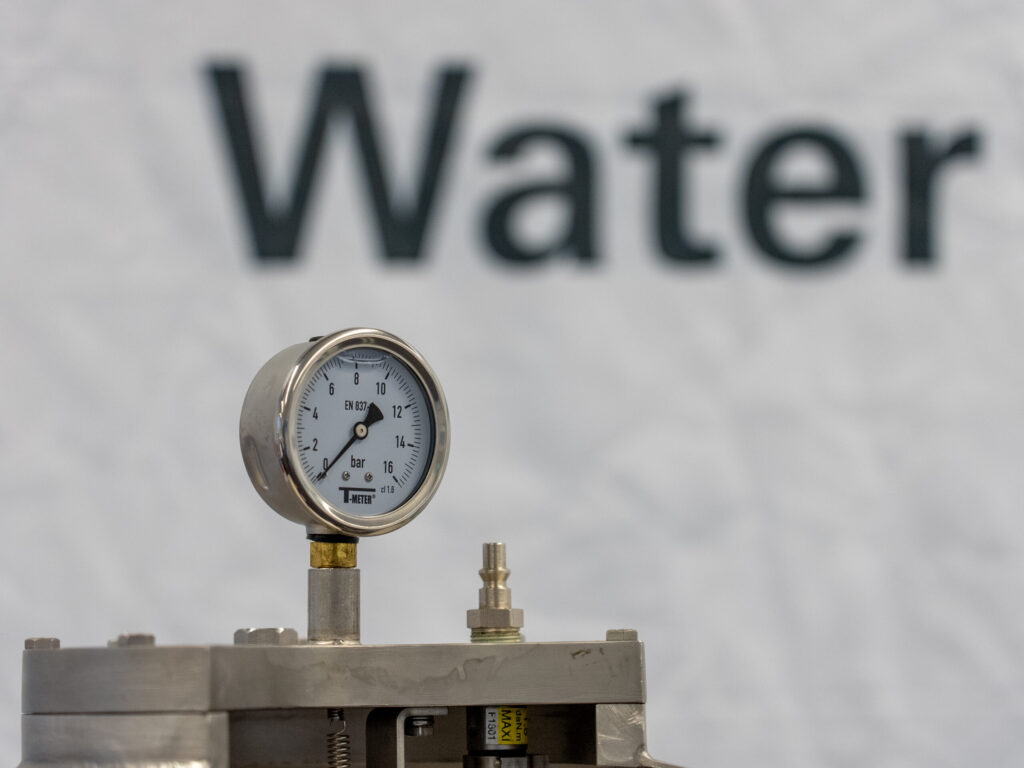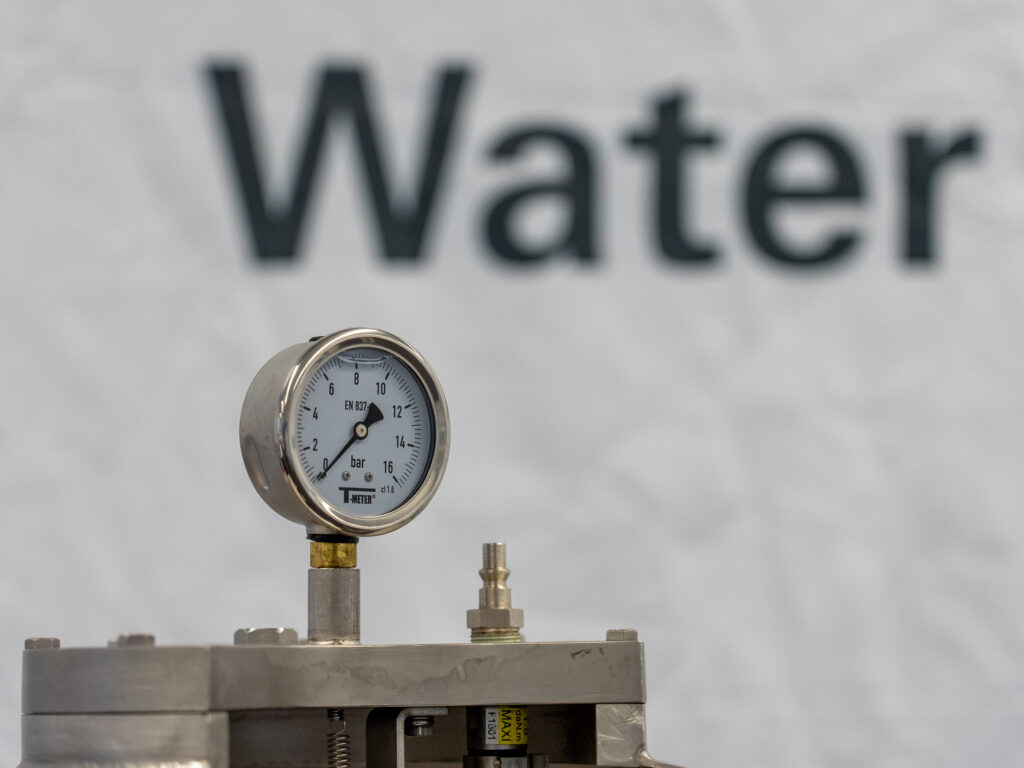
On 12 and 13 October 2022, the Institute for Water and Energy Management (iwe) at Hof University of Applied Sciences, in cooperation with the Kompetenznetzwerk Wasser und Energie e.V., invited specialists from the field of water management to the 2nd Hof Water Symposium. Prof. Dr Manuela Wimmer, professor and head of the Sustainability and Project Management in Water Management research group, and Anja Grabmeier, research assistant in the research group and endowed professor and head of the Water Infrastructure and Digitalisation research group, Dr Günter Müller-Czygan, were responsible for organising the symposium.
Around 80 participants from all over Germany, as well as numerous students from the university, accepted the invitation and spent the two days discussing the key topic of "Water in the context of climate change and sustainability" and gathering information at the trade exhibition.
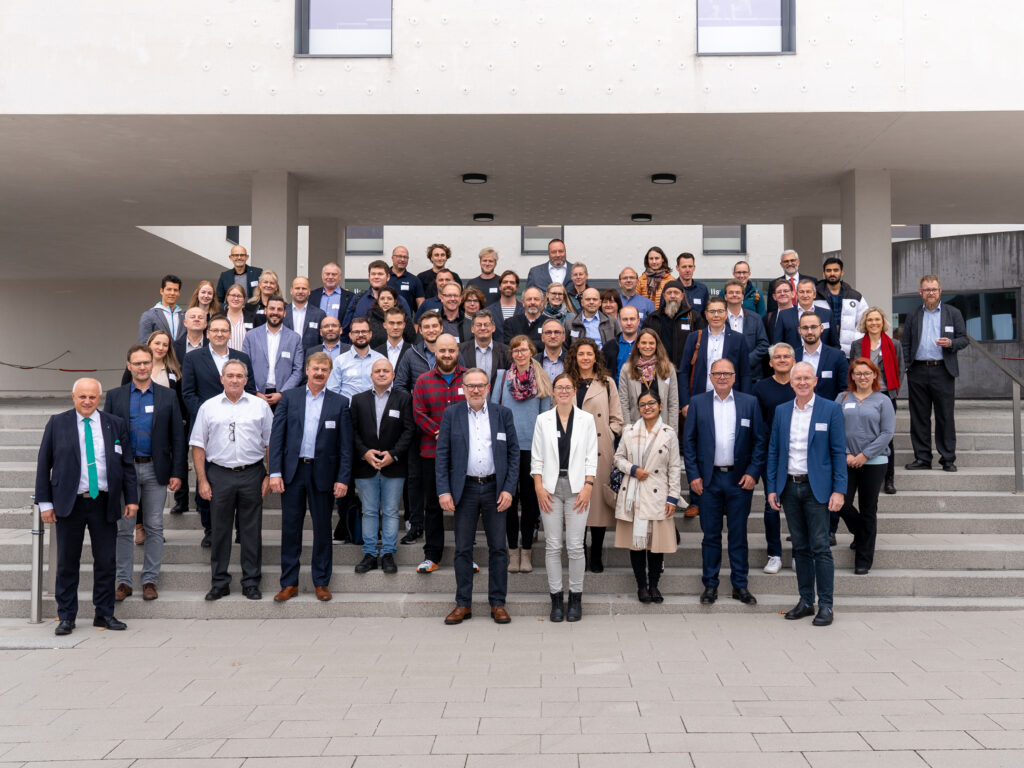
The event kicked off on Wednesday 12 October with a virtual and 3D tour of demonstration facilities such as a waterworks.
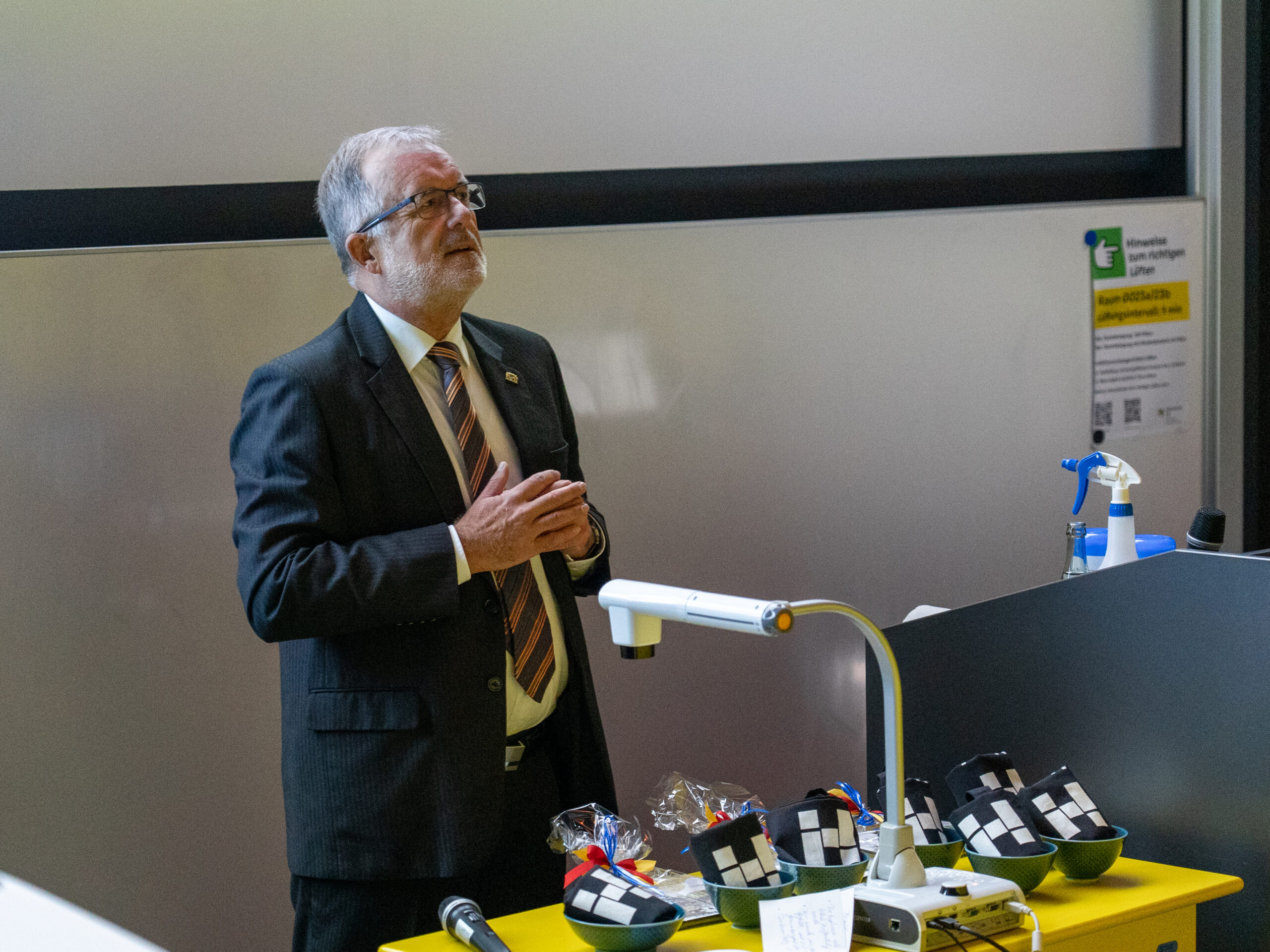
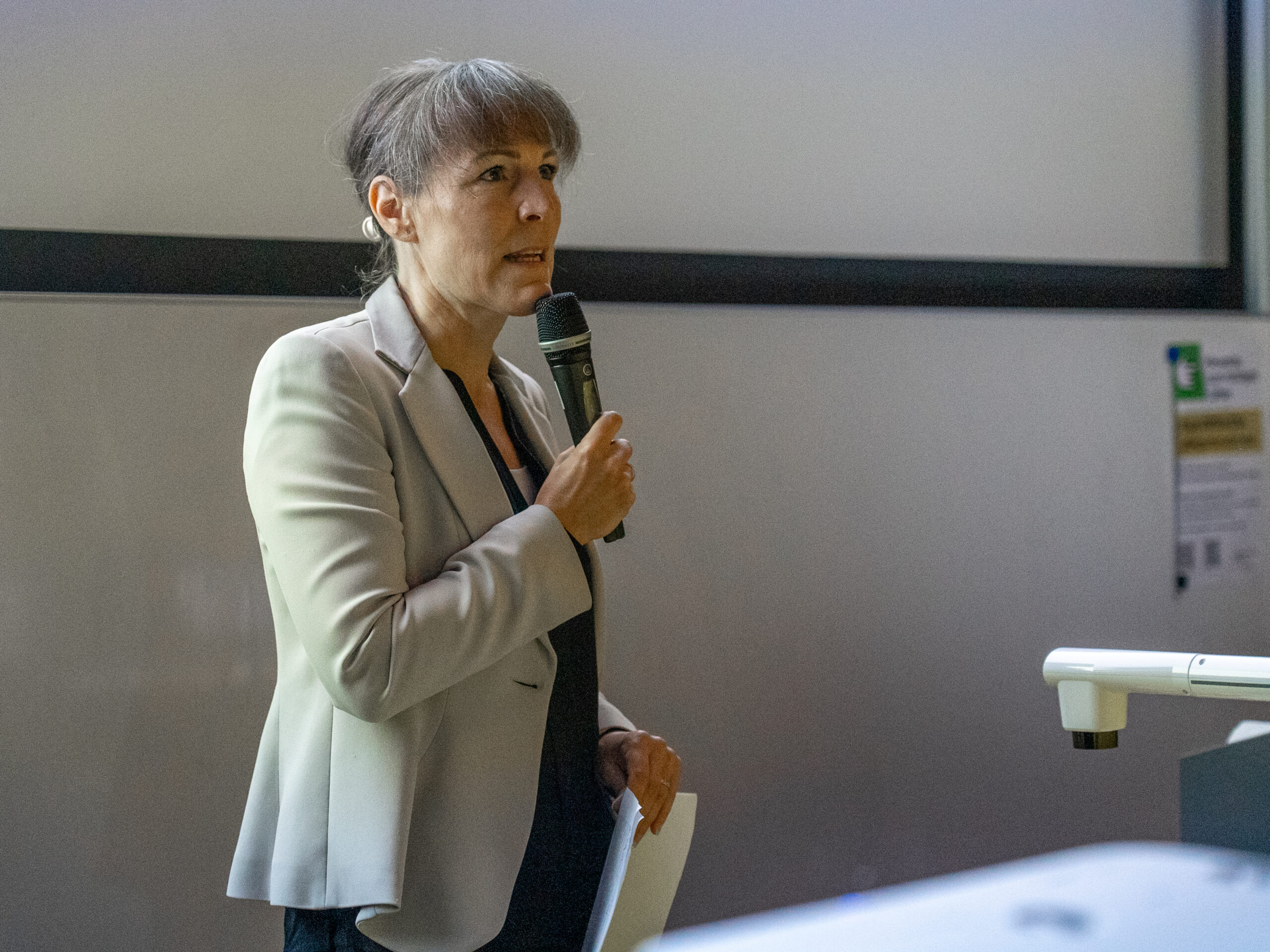
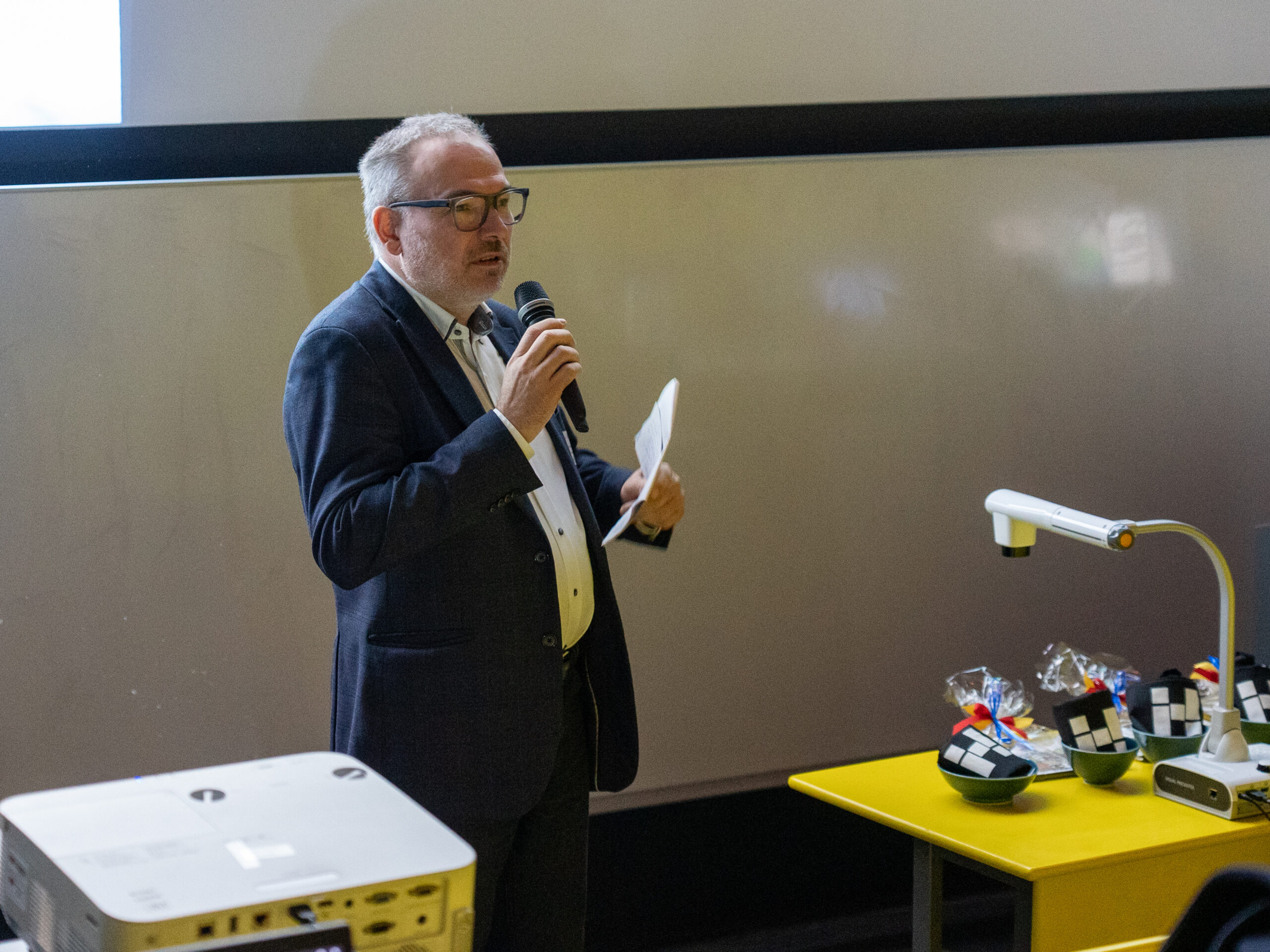
On Thursday, 13 October, after welcoming speeches by Prof. Dr. Dr. h.c. Jürgen Lehmann (President of Hof University of Applied Sciences), Eva Döhla (Mayor of the City of Hof) and Prof Müller-Czygan, participants were treated to an interactive, networking and sustainable conference concept. The day began with two keynote speeches and a subsequent panel discussion on the topics of "Impacts of climate change on water management - from challenges to action" (speaker: Benno Strehler from the Bavarian State Office for the Environment) and "Impacts of climate change using the example of the Ahr flood - what has been learnt from it?" (speaker Markus Becker from Berthold). (Speaker: Markus Becker from Berthold Becker Ingenieure). In his experience report - Markus Becker himself was affected by the floods in the Ahr valley in summer 2021 - Becker emphasised, among other things, how important it is to learn from the flood disaster and that water management must take the experiences and mistakes made in the Ahr valley into account when developing future-oriented solutions when dealing with extreme weather events.
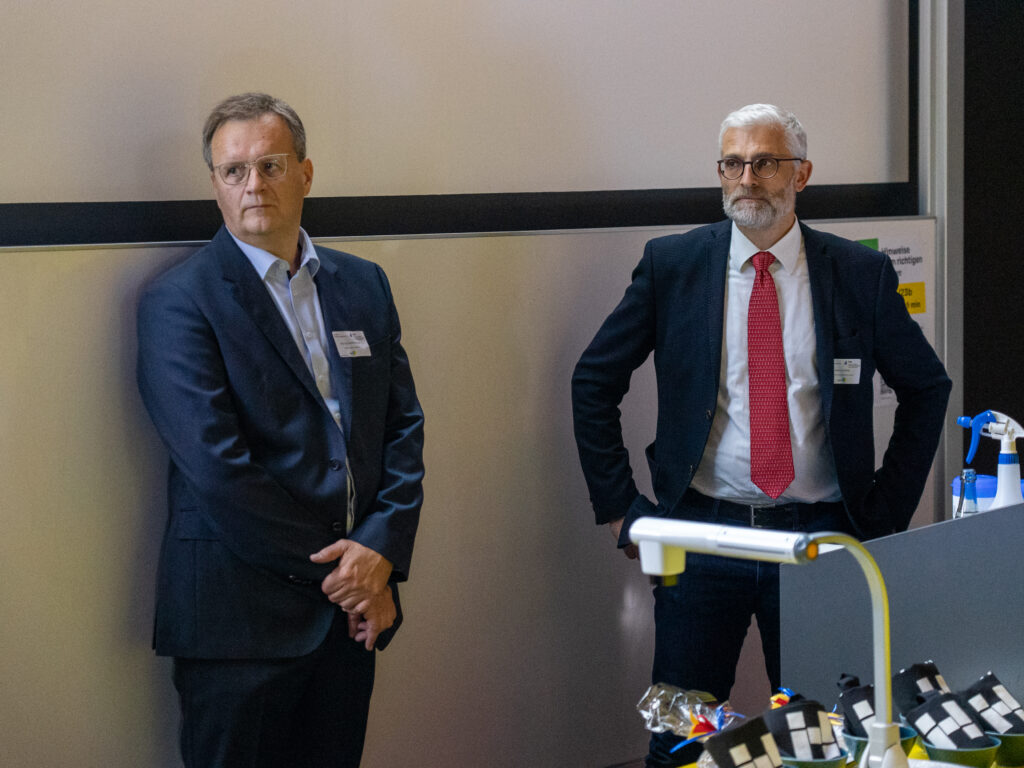
An innovative format then awaited the participants: "Speed Geeking & Exhibitors". Here, five exhibitors, including WILO SE, presented their company and their innovations in a few minutes and in compact form, giving an insight into the sustainability practised in their company. Visitors were able to gain insights into all five companies one after the other.
The programme continued with the World Café method, which was designed to get the participants talking about the topic of water. The content of four short presentations provided the basis for a lively dialogue:
- Lecture 1: Successful implementation of digitalisation projects with a business-as-usual strategy - Prof. Günter Müller-Czygan
- Lecture 2: Energy self-sufficient advanced wastewater treatment and recycling, for example using photonic methods - Prof. Dr Tobias Schnabel
- Lecture 3: Efficient operational management in drinking water supply with an eye on costs - Matthias Götz, Wasserversorgung Steinwaldgruppe and Mario Hübner, WILO SE
- Lecture 4: Digital sewer network control for dealing with extreme weather events - Robert Köllner, Frank Große JenaWasser and Martin Frigger, HST Sytemtechnik GmbH
The programme was rounded off with insights into application-oriented projects from companies and research. Prof. Müller-Czygan presented the status report on the digitalisation of water management and Franziska Zielke from the Kompetenznetzwerk Wasser Energie e.V. reported on water management concepts from the Schwammstadt Region project.
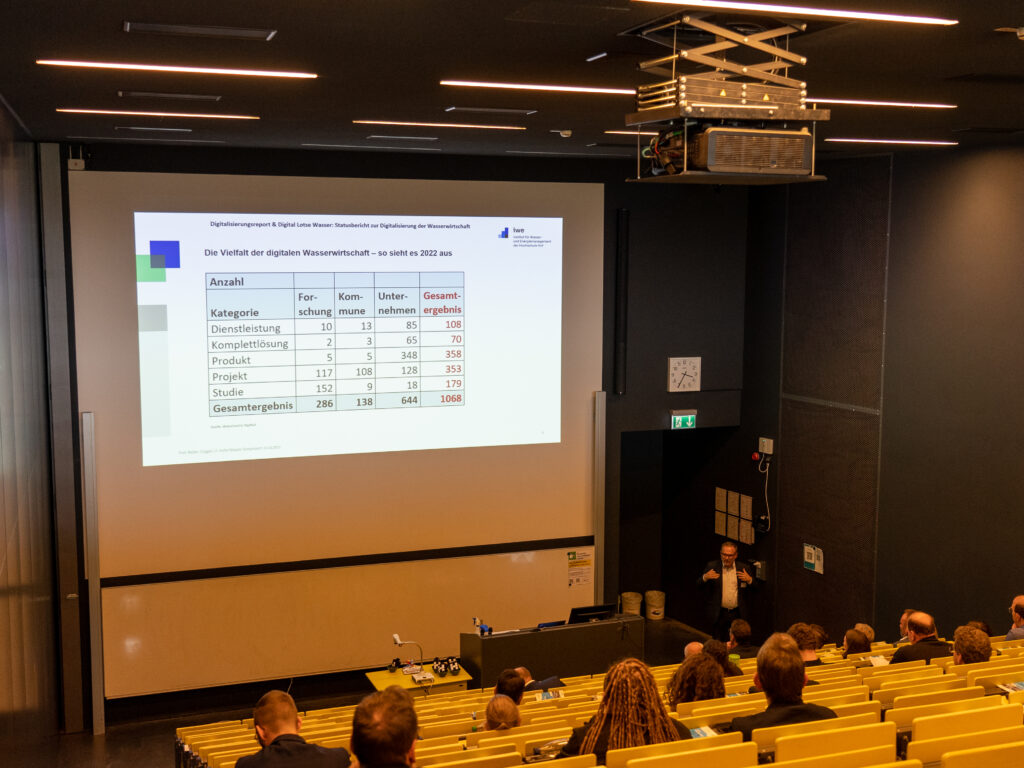
A much-discussed topic at the symposium was the issue of rapid implementation of solutions in water management. On the one hand, formal regulatory framework conditions such as tendering requirements or authorisation procedures lead to longer project durations. On the other hand, it is particularly difficult for local authorities as users to transfer example solutions to their own situation. There is a lack of suitable methods and support for a quick and effective transfer of learning and implementation.
Under the leadership of Prof. Müller-Czygan, the iwe at Hof University of Applied Sciences is working on robust and highly effective digitalisation solutions as well as on the development of methods for the rapid and effective transfer of learning and implementation.
In the run-up to the event, the organiser, Prof. Wimmer, had already emphasised: Climate change is water change. The increasing decline in water resources, including in Germany, calls for innovative solutions that ensure sustainable development: particularly in terms of ecological dimensions, but also with regard to social and economic aspects. The more rapid the climate changes, the greater the challenge and pressure on the water industry to react and, at best, proactively drive forward the transformation. Numerous products and services, particularly those with a digital background, are already on the market, are looking for broad implementation and are also being further developed. The transformation will preferably take place in system solutions with several partners. The success of the projects will be influenced by the social dimension, to use the wording of sustainability. In detail, this means that the more successful and efficient projects will be those in which people are particularly considered and integrated as both designers and users. It should also be noted that water is not only a central component of water management, but must also be managed in the ever-increasing area of conflict between several sectors, such as agriculture, industry and the energy sector - with increasing complexity and dwindling resources. Continuing to work on the "social dimension" and jointly generating the best solutions in research and application with people and water at the centre will continue to be a central concern in the future and beyond. Against this backdrop, Prof. Wimmer's research group is working intensively on sustainability issues, placing them in the context of recruiting and retaining skilled labour and a holistically sustainable corporate structure, among other things.
The symposium was rounded off with comprehensive information about the Schwammstadt certificate course, the DRhochN further training programme for recruiting and retaining specialists and the S3REM network, which conference guests can participate in if they are interested.
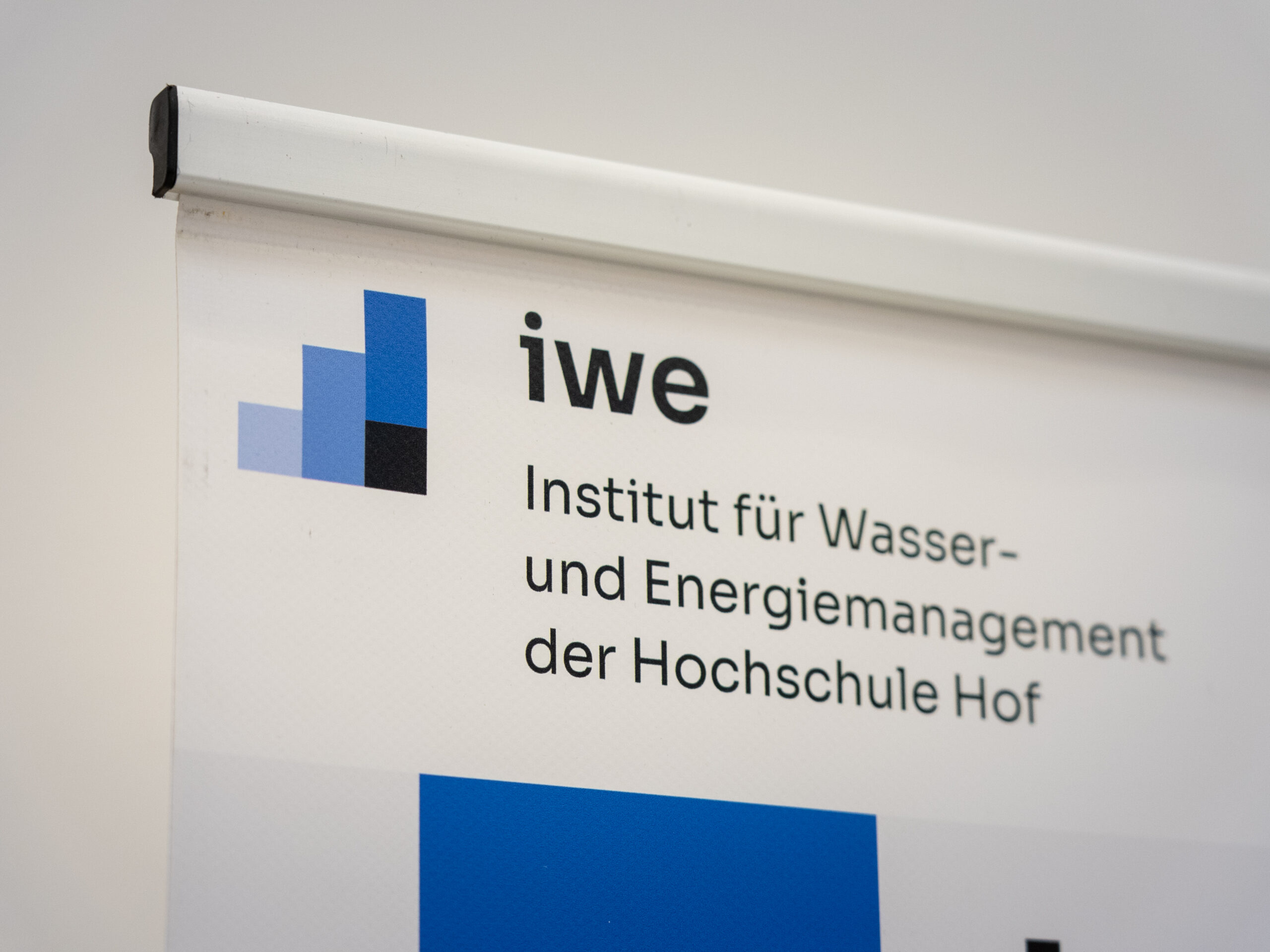
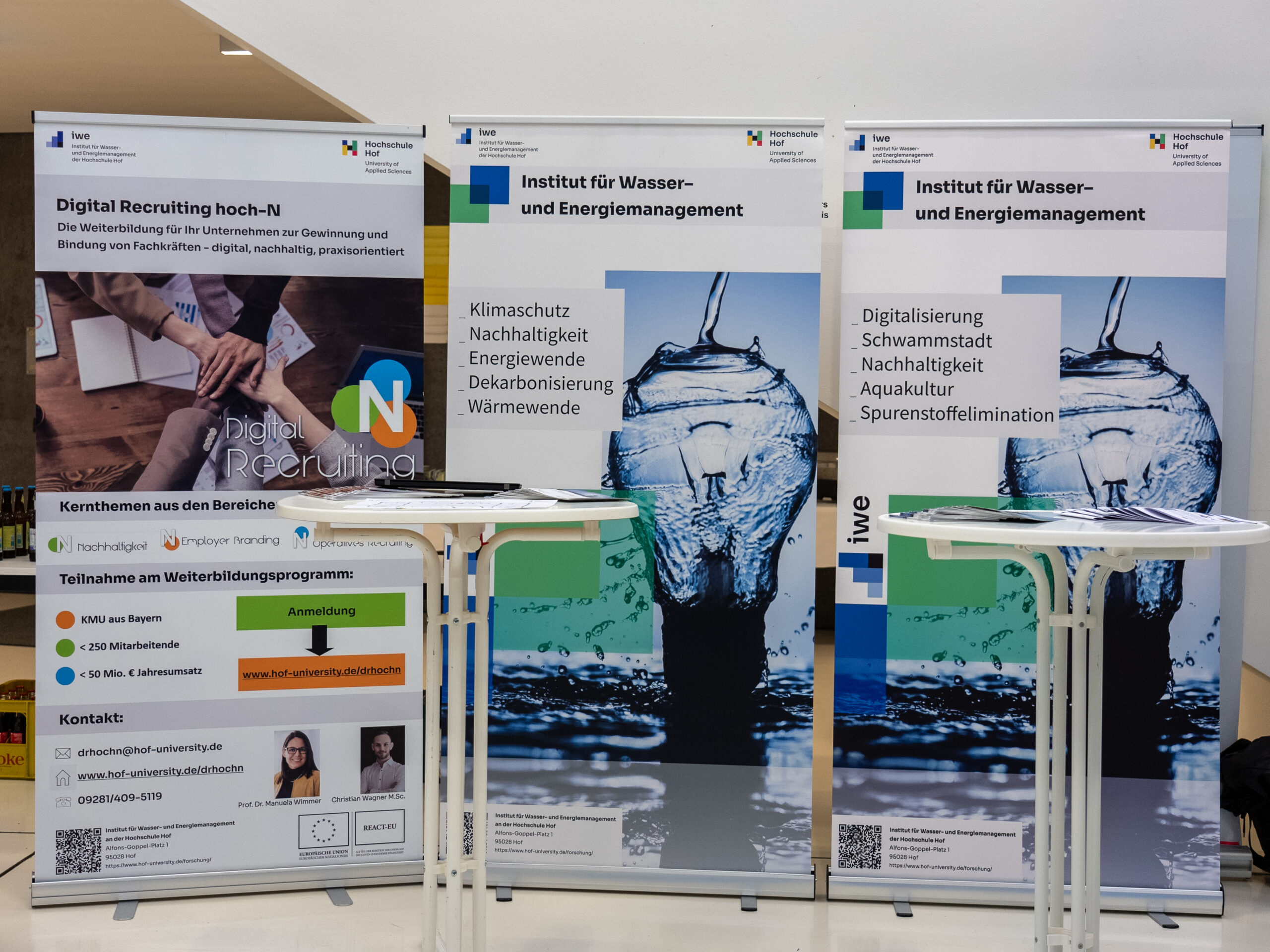
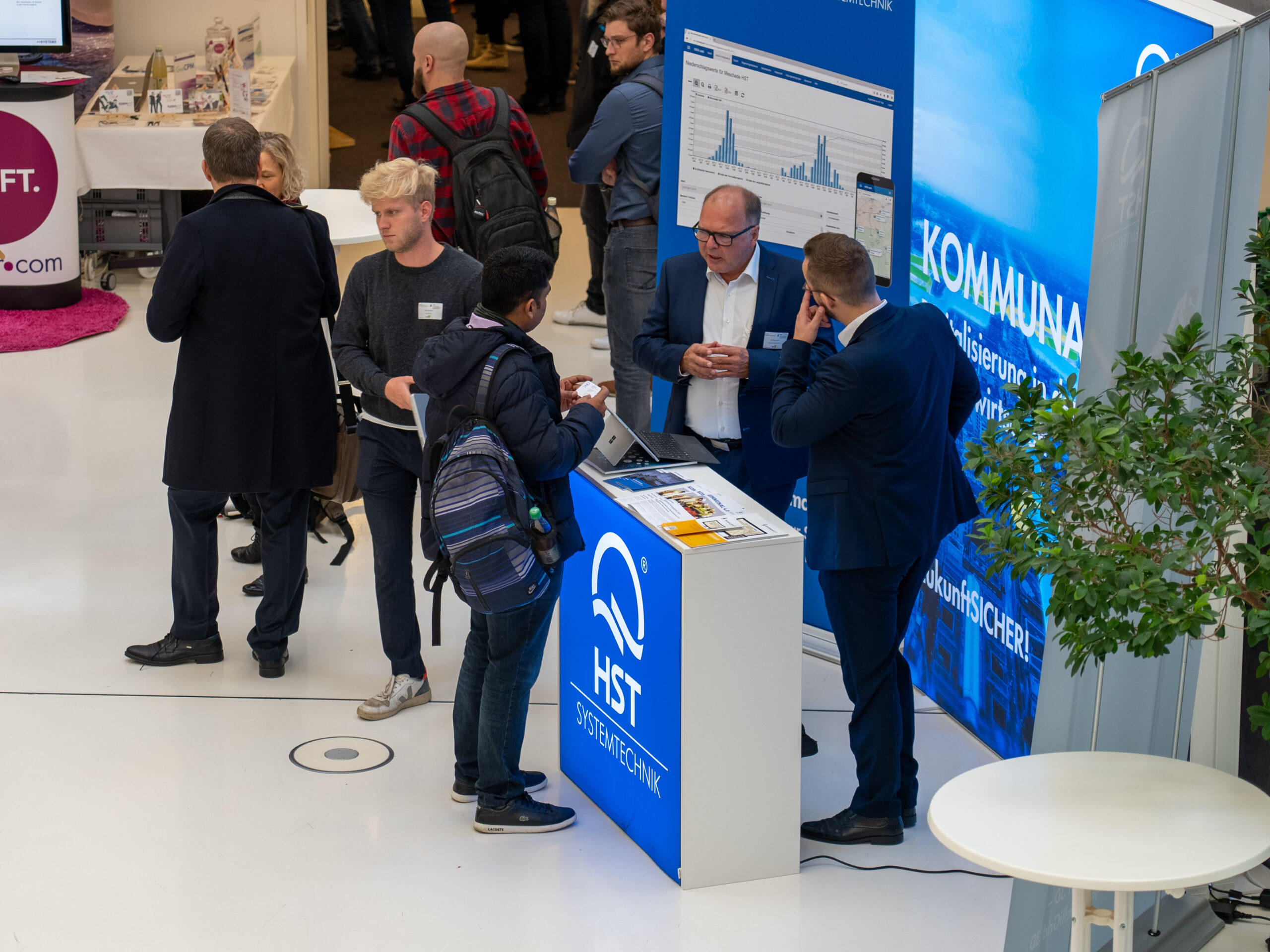
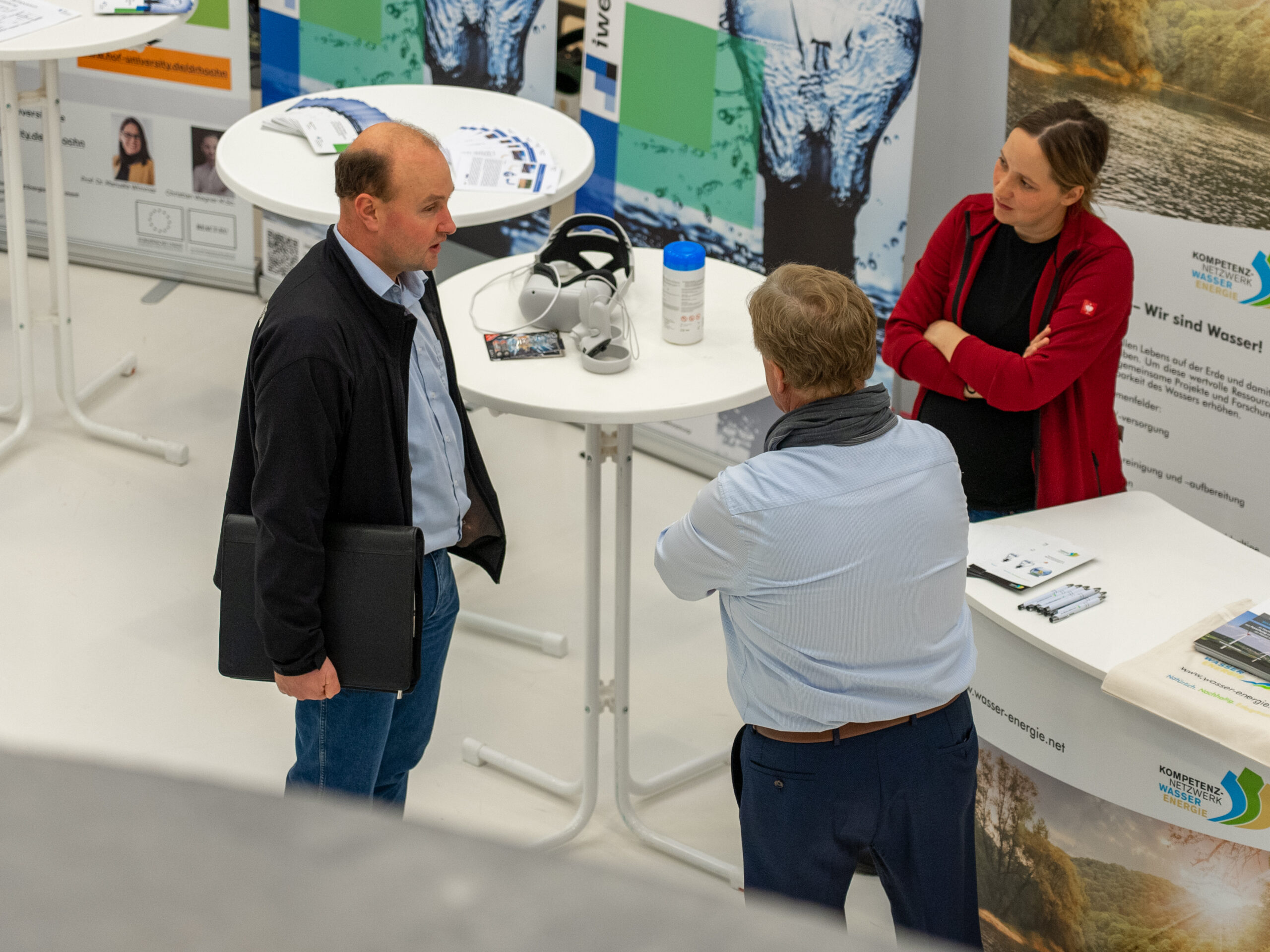
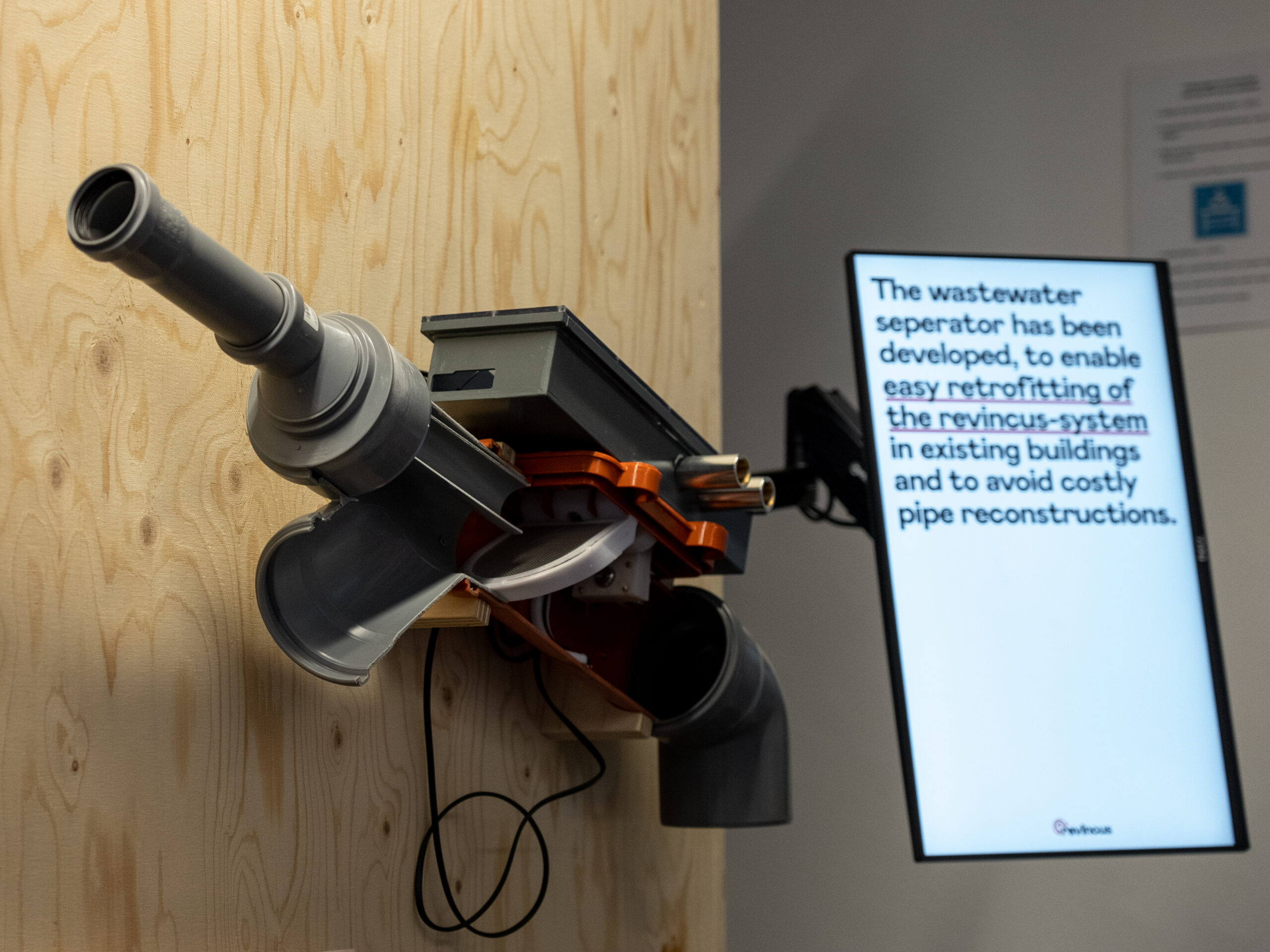
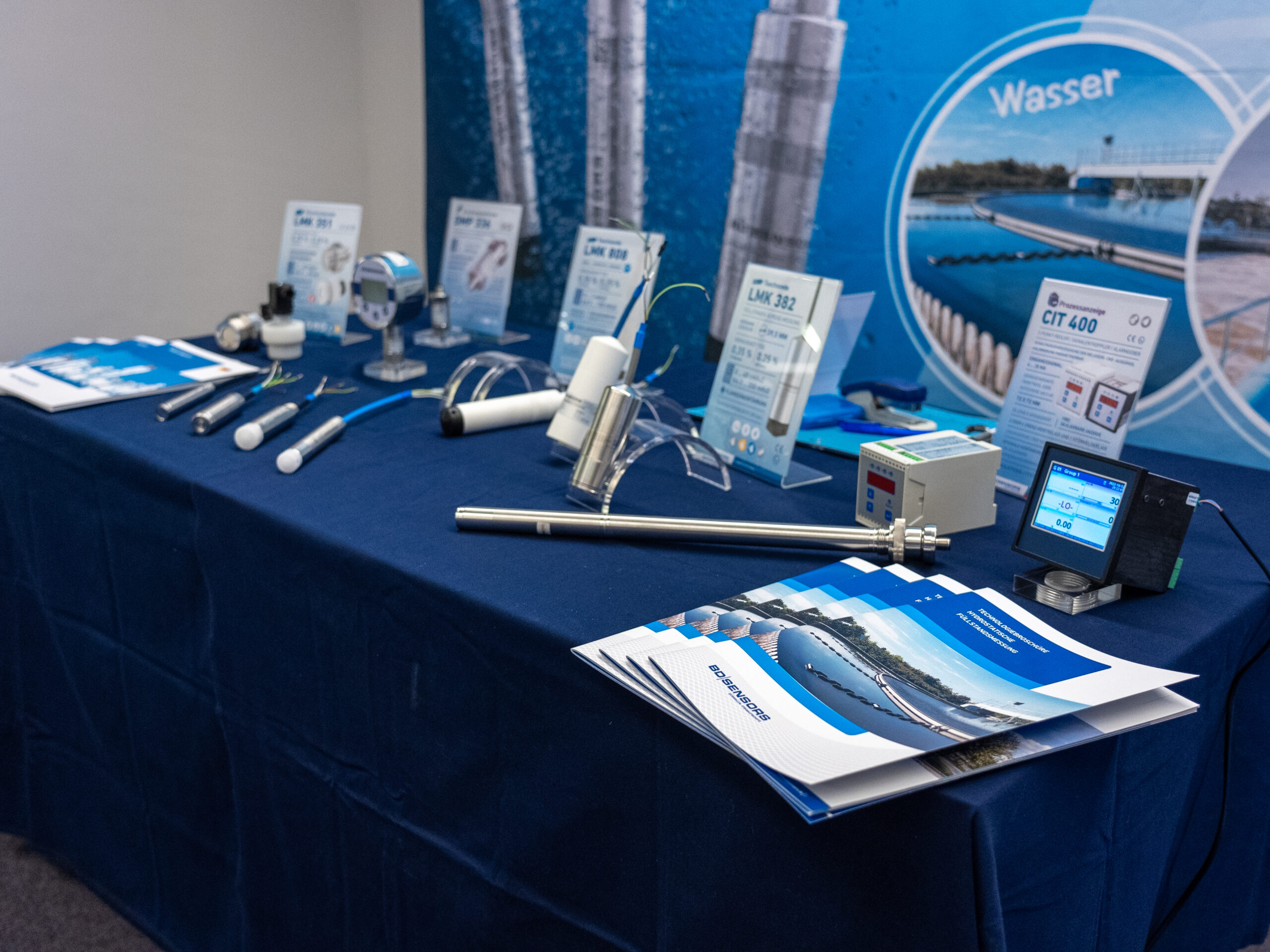

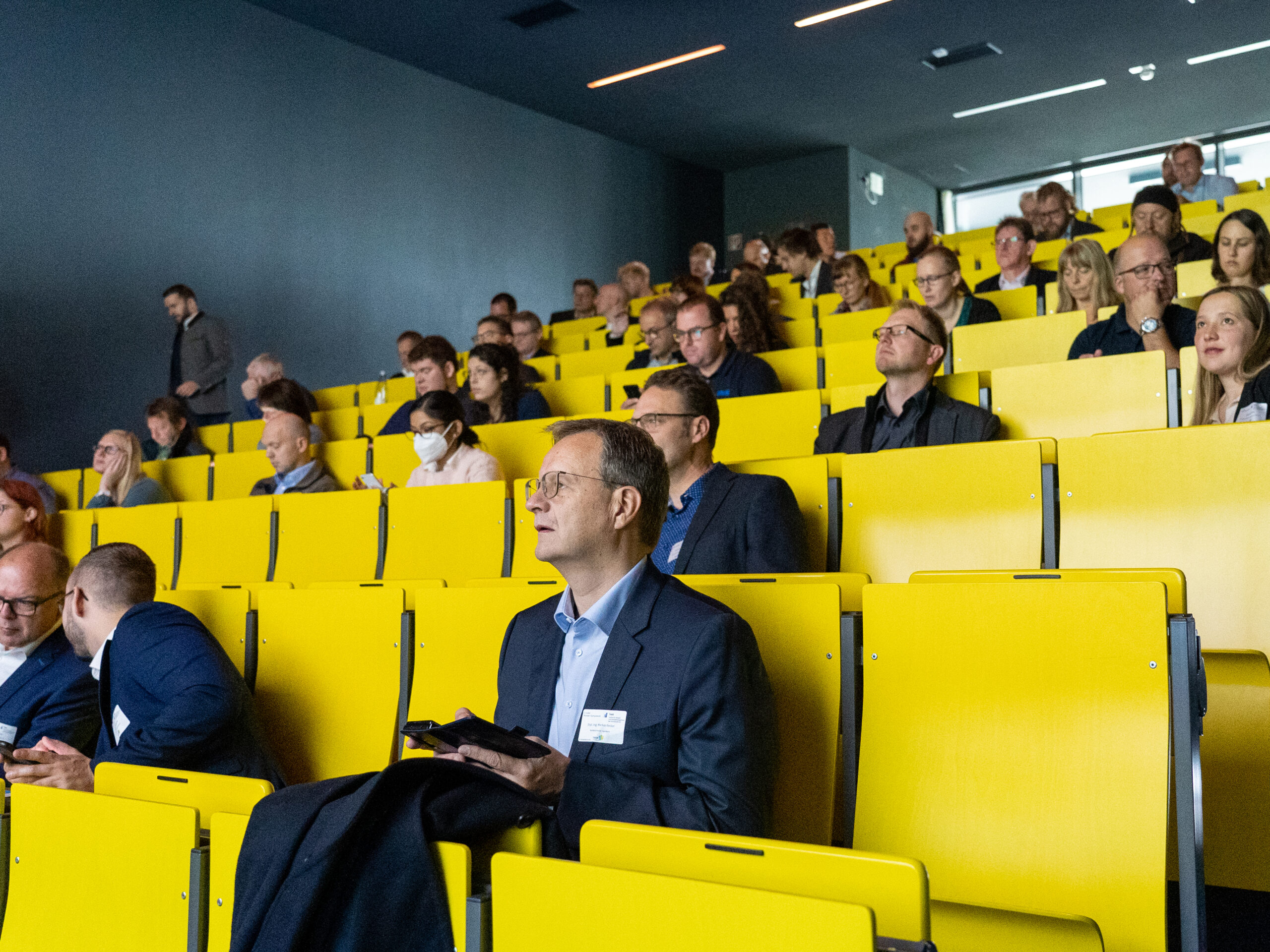
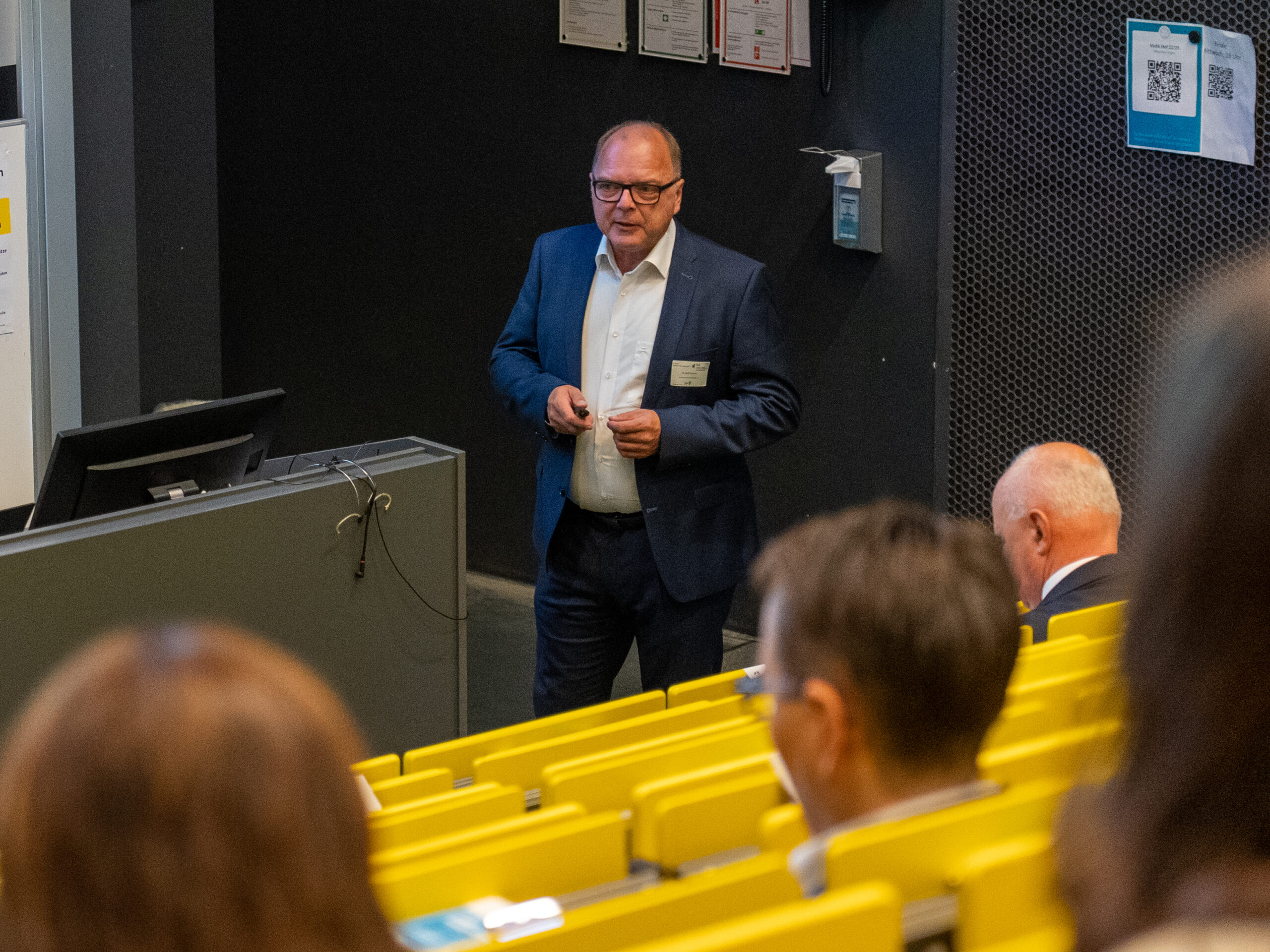
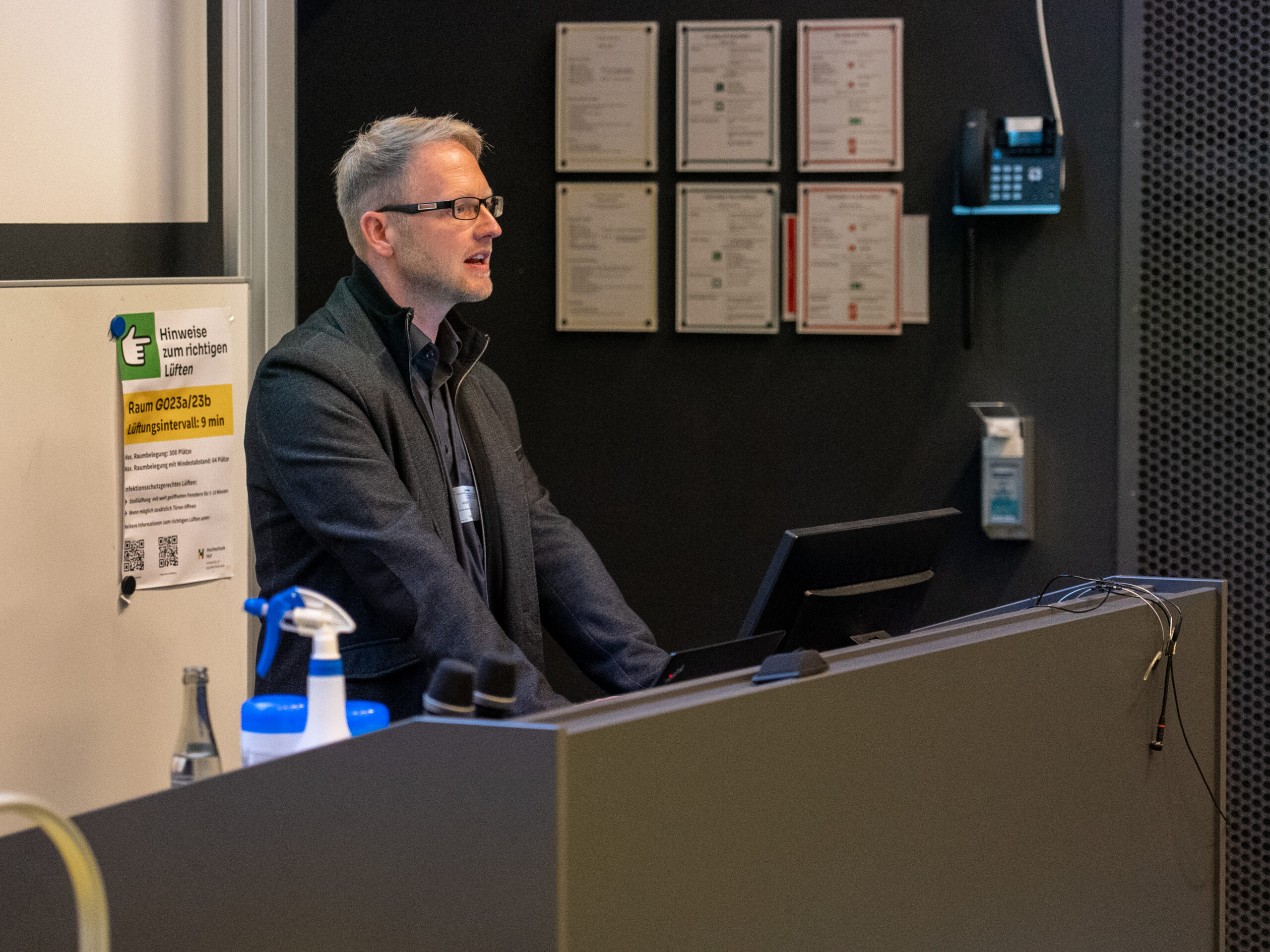
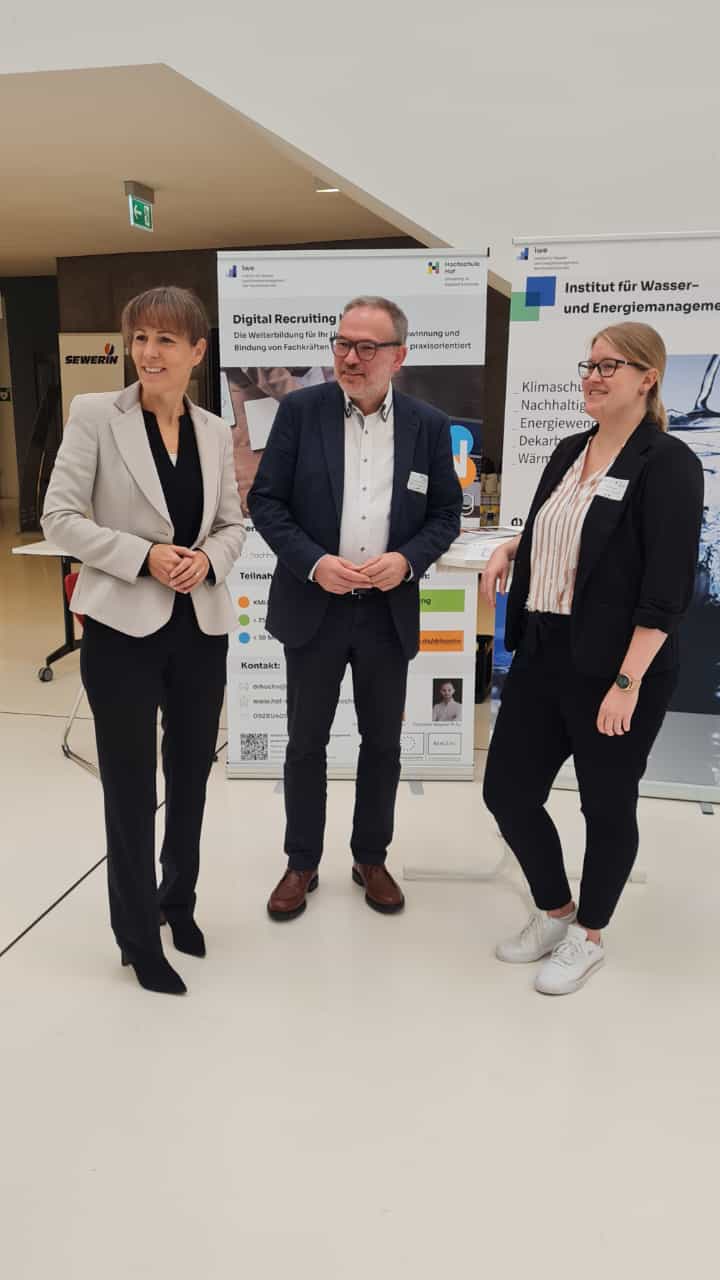
Sustainability at the 2nd Hof Water Symposium
What made the 2nd Hof Water Symposium sustainable? The topic of sustainability was not only anchored in the content, but was also taken into account in the planning and realisation of the event (see also: https://www.hof-university.de/forschung/institut-fuer-wasser-und-energiemanagement/2-hofer-wasser-symposium.html).
In order to contribute to the sustainable use of resources, the organisation team largely dispensed with the use of paper. This was made possible by the use of digital media for information and participant management and digital handouts. The social dimension was addressed by using gender-neutral language in order to address and visualise all genders in a respectful manner.
Outlook for the 3rd Hof Water Symposium
Participants can now use a survey to provide feedback on the 2nd Hof Water Symposium and take the opportunity to make suggestions on topics and focal points as well as interactive elements for future events. The Hof Water Symposium will take place every two years. The iwe is also considering organising further events on the subject of water management and sustainability.
